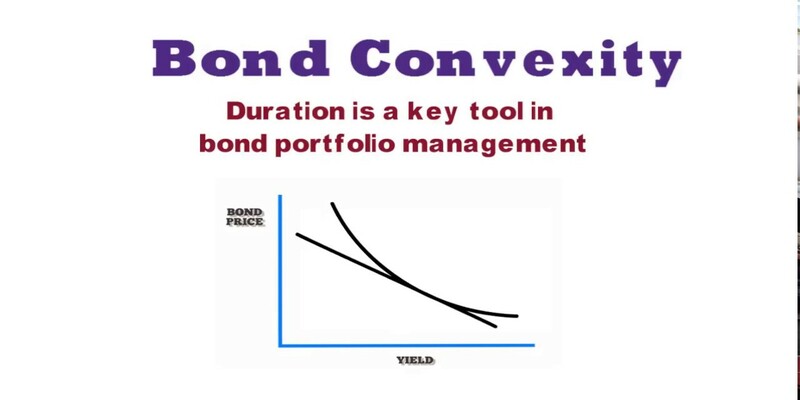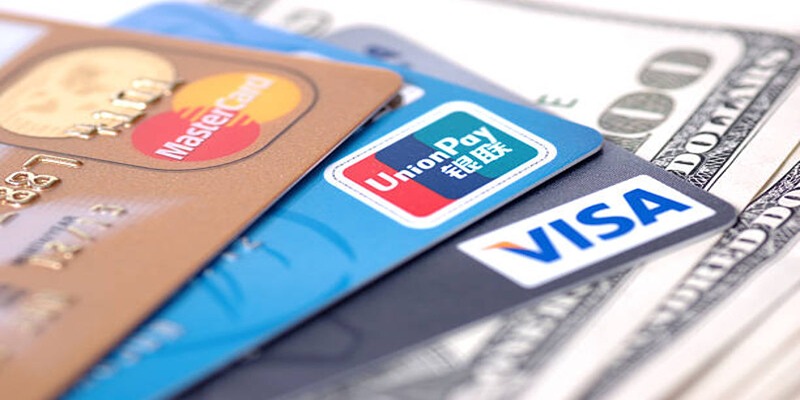Federal student loans are available from the United States government for first-year college students, graduate students, and their parents. Graduate students and the parents of undergraduate students with dependent status can apply for an unsubsidized federal education loan under the Federal Direct PLUS Loan program.
After using up all of their Federal Stafford Lending funds, students and their parents can turn to this alternative loan option. Financial aid is available through the federal government in the form of Direct PLUS Loans for graduate students and parents of undergraduate students.
However, you might be able to find other ways to save costs, depending on your credit history and other circumstances. Here's what a federal PLUS Loan is and how to know whether it's a suitable fit when you think about how to pay for your or your child's college education.

Federal PLUS Loan
The Federal PLUS Loan offered by the federal government is aimed at college students with high financial needs. Under the PLUS Loan program, students can borrow up to the cost of attendance each academic year, less any institutionally determined forms of financial aid.
With a PLUS Loan, the borrower can put off making payments on the Loan's principal as long as they are enrolled in school for at least half time. The PLUS Loan program does not offer a grace period after the student has stopped attending school, unlike the Direct Loan program.
However, a deferral or forbearance may be granted to the student to temporarily suspend their repayment obligations while preparing for the bar exam and before they begin working. If students need further information, they should contact their service provider.
Pros:
- Without a negative credit history, your application will likely be granted.
- You will be eligible for some federal aid as a parent and for full aid as a student.
- You may borrow as much as you need based on your expected cost of attendance and other forms of financial help.
Cons:
- Federal student loans have the highest interest rates.
- The loan distribution fee is substantial.
- You may find it difficult to be authorized if you've made several significant errors on your credit report.

Loan Approval
The loans are all part of the same program; however, there are slight variations in the conditions for qualification. A negative credit history such as recent bankruptcy or foreclosure, unpaid collection accounts, or debts over 90 days past due will disqualify you from receiving a PLUS Loan.
Graduate and professional students enrolling at least half-time in an approved degree or certificate program are eligible for the Graduate PLUS Loan provided through the Federal Direct Loan Program.
A Parent PLUS Loan can be obtained if you are the genetic or adoptive parent of a dependent undergraduate student eligible for federal financial assistance or enrolled at least half-time at an eligible school.
Further, you and your kid must meet federal financial assistance eligibility conditions. Except in the case of adoption, grandparents and legal guardians are not eligible for Parent PLUS Loans. There is the possibility of applying with a co-signer if your credit score is below the minimum required by the U.S. Department of Education.
Direct Subsidized or Unsubsidized Loans
If you are a parent of a currently enrolled student in an undergraduate program, encouraging that child to apply for federal Direct Loans may benefit you. Depending on the severity of their financial situation, they can be eligible for subsidized or unsubsidized loans.
The Department of Education covers the interest cost on subsidized loans until your kid begins making payments after graduating, which might save them a significant amount of money. Even if they are not eligible for subsidized loans, an undergraduate Direct Loan costs significantly less than a Parent PLUS Loan.
Through the 30th of June in 2020, the interest rate is a low 4.53%, and the loan costs are the same as those for graduate students taking out unsubsidized loans. Even though your student will be responsible for applying for these on their own, it is feasible to work up a plan in which you make payments on their behalf. It will allow you to continue to assist them while maintaining your independence.
Eligibility
You are considered the student's stepparent if the student's biological or adoptive parent is remarried and you match the standards for stepparents. For this to apply to your situation, your child must attend an accredited educational institution on at least a half-time basis and be deemed a dependent student. Parents who have a history of financial hardship are not eligible for PLUS loans since the application process requires a credit check to be completed.
Applicants must meet several requirements before they are considered, including having good credit, being U.S. citizens or qualified noncitizens, and not defaulting on any federal student loans or owing an excess on a federal education award. The kid in question must also be a citizen or qualified noncitizen of the United States and a dependent of the parents.
Conclusion:
If a student's application for a Federal Direct PLUS loan is denied, they may still be eligible to apply for extra loan funding under the Federal Direct Unsubsidized Loan program. If the student's parent(s) have been turned down for a Direct Unsubsidized Loan, they can apply for one of their own.
The student's extra Direct Unsubsidized Loan eligibility will end if the Parent PLUS Loan is eventually approved. If you have been declined a PLUS Loan, you must provide the office a copy of the refusal before they can approve your request for a larger unsubsidized student loan. You must contact the office to express interest in the higher Unsubsidized loan amount you wish to borrow under the Federal Direct Unsubsidized Loan Program.




